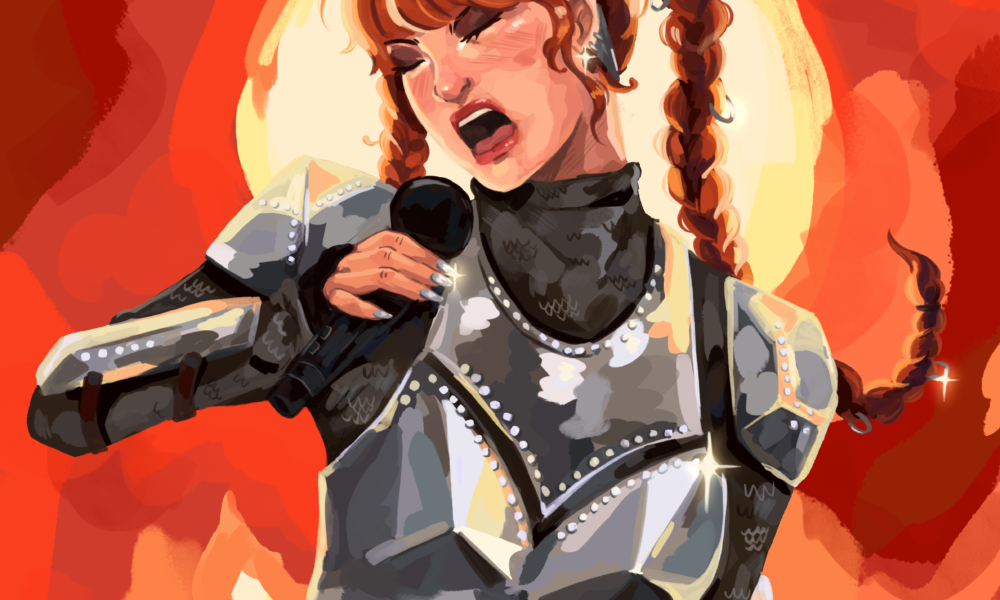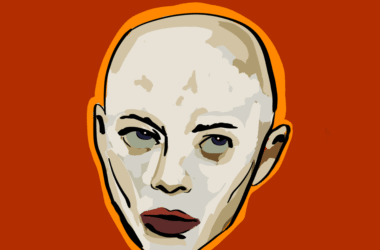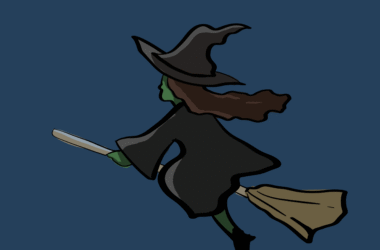Should rising artists expect the harassment that comes with fame? Chappell Roan, a 26-year-old rising pop artist from Missouri, thinks not. She’s not a human billboard, and as she has made abundantly clear in recent interviews and social media posts, she is not willing to tolerate obsessive fandom culture. The recent invasive events she has experienced have prompted her to remind fans that, like her drag name, her stage personality is a persona, not an identity. She has made clear in multiple interviews that she does this so that her fame doesn’t consume her since her musical persona can be so exhausting to portray.
In an Instagram post from Aug. 23, Roan compares the unwanted physical touch and harassment she has received to blaming a woman in a short skirt for the harmful actions of a harasser and expecting her to deal with the consequences. Roan later explained on TikTok that while she is grateful for her success, she will not tolerate stalking or harassment. She says that harmful behaviour towards famous women in the past has normalized these attitudes—but it shouldn’t have.
Roan argued in her TikTok that if she were not a celebrity, shouting at her or stalking her and her family would be considered forms of harassment. Though some fans may feel they know her through her music or social media presence, they are still strangers to her, so why does it make a difference that she’s also famous? Stalking, both in-person and online, is never justified.
The sudden public scrutiny and lack of privacy accompanying fame can be extremely harsh and unanticipated, especially for someone like Roan, who first gained fame as a teenager.
Roan isn’t dramatizing the threats to her safety. Obsessive fan behaviour can be incredibly harmful, and in extreme cases, even deadly. Famous singers, like Christina Grimmie, have been killed by obsessive “fans.” In July, American singer Halsey shared in a deleted Tumblr post that though her fans have been incredibly supportive, they are also the quickest to criticize her. These same people have been trying to morph Halsey and Roan into divas who only have time for themselves when both artists are simply trying to protect their safety.
Of course, this type of misguided portrayal is always harshest on famous women, even more so against queer women because of the preexisting discrimination which tries to undermine the validity of their success. Following the criticism, Roan received much emotional support from other artists like Elton John, who advised her to stop if she was being pushed too hard.
Much of this obsessive behaviour is sparked by social media, which makes fan-celebrity relationships even more intimate and accessible than in previous years. Celebrities can share mundane or funny details of their lives just as a friend would, and they can interact with fans directly and immediately by replying to comments. Roan first achieved fame with the release of her single “Pink Pony Club” at the start of the COVID-19 pandemic when touring was restricted, so the only way for the singer to maintain a connection with fans was through a screen. These online interactions can make fans feel like the relationship is two-sided, especially if they interact or react to her posts frequently. In reality, it’s purely parasocial.
As a result, some fans feel that it’s acceptable to share personal information online with the artist and expect empathy from someone they have never met. Perhaps the reason fans are so angry is because Roan is telling them she was never actually as close to them as they believed, but she has profited off of them.
Roan has made it clear on multiple occasions that she loves her fans. Her recent comments have upset some people who believe she is obligated to give up her time and privacy for them. They need to be reminded that Chappell Roan might be their favourite artist’s favourite artist—maybe even an inspiration—but not a friend.







